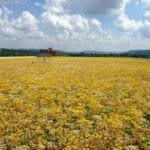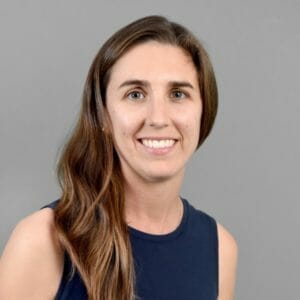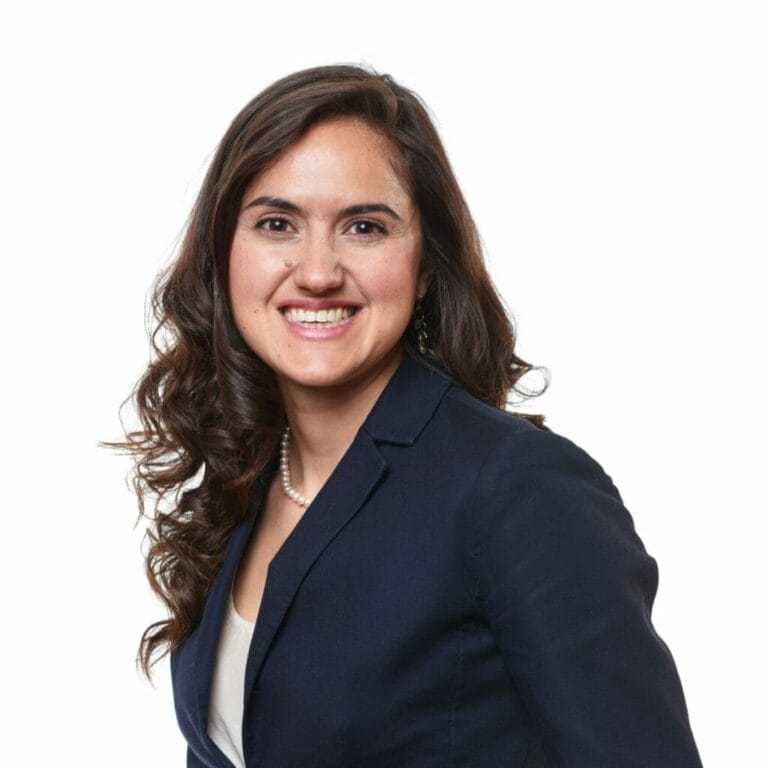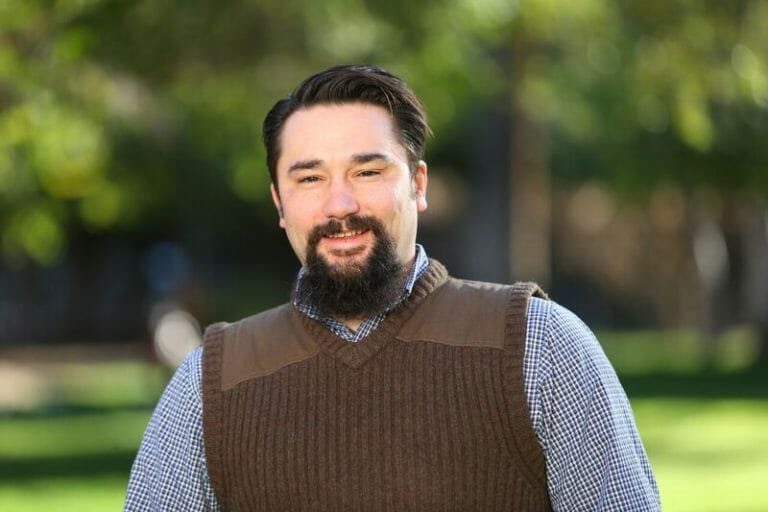
3 ASU professors named senior members of National Academy of Inventors
Professor Wim Vermaas and associate professors James Abbas and Cody Friesen join fellow NAI colleagues in the senior membership ranks who, along with their research accomplishments, have been successful in earning patents, acquiring licensing and commercializing technology they have developed.

Broadbent, Georgescu explore humans’ exposure to future extreme temperatures
The researchers used state-of-the-art modeling tools to analyze how three key variables -- climate change, urban development and population change -- would affect human exposure to extreme temperatures from the beginning of this century to its end.
Event Sept. 3: Killer Heat in COVID Times
Last month, Phoenix broke its record for the most days at 110-plus degrees, while being the world's hotspot for coronavirus. This case critical discussion brings together ASU, the City of Phoenix, as well as a local nonprofit and a national NGO, to discuss the compounding crises of extreme heat and COVID-19.

Like marathon runners, locusts carbo-load before a long journey
According to a new study from ASU's Global Locust Initiative scientists, they do it for the same reason humans do. Read the abstract of this new paper published Aug. 2 in the Journal of Animal Ecology.
Restoring degraded tropical forests generates big carbon gains
An international team of scientists from 13 institutions, including researchers from the Arizona State University Center for Global Discovery and Conservation Science, has provided the first long-term comparison of aboveground carbon recovery rates between naturally regenerating and actively restored forests in Southeast Asia. The researchers found that restoration practices improved carbon storage recovery by more than 50% compared to natural regeneration.
Hristovski on ammonium nitrate and the Beirut explosion
Regardless of trigger, ammonium nitrate was likely basis for Beirut explosion, says sustainability scientist Kiril Hristovski, program chair for the Environmental and Resource Management Program with expertise in hazardous materials management. Read the Q&A with ASU Now.

Syracuse, Green Infrastructure, and K-12 Learning Opportunities
Green infrastructure is a unifying theme across the UREx SRN network cities, given its potential for stormwater management along with other benefits like heat mitigation and aesthetic improvements. Green infrastructure
Ellis pens piece on women's leadership through COVID times
Comprising only some 8% of political leaders globally, women have accounted for an estimated 40% of the most successful responses to COVID-19. Women-led countries have a six-times lower death rate than those led by male counterparts in similar countries.

Affirmatively Furthering Fair Housing act important for socially diverse neighborhoods
Sustainability scientist Deirdre Pfeiffer explains the history of the AFFH, what she views as its strengths, her concerns about its repeal, and how local municipalities can continue making progress toward creating inclusionary and equitable neighborhoods despite the repeal.

Cloud to Street: Leveraging satellite technology and big data to to build flood resilience
Flooding impacts more people than any other natural disaster. Bessie Schwarz, a grassroots environmental and community organizer by training and at heart, is the CEO and Co-founder of Cloud to

Wednesdays from Washington: On food assistance programs with Kevin Concannon
During our week-long immersion trip to Washington DC, we had the pleasure of meeting with Kevin Concannon, a man with an incredible history of public service, and who most recently served for nearly eight years as President Obama’s USDA Under Secretary of Food, Nutrition, and Consumer Services.

ASU professor receives Department of Energy Career Award
Gary F. Moore, assistant professor in Arizona State University's School of Molecular Sciences and scientist in the ASU Biodesign Institute Center for Applied Structural Discovery, was awarded a grant from